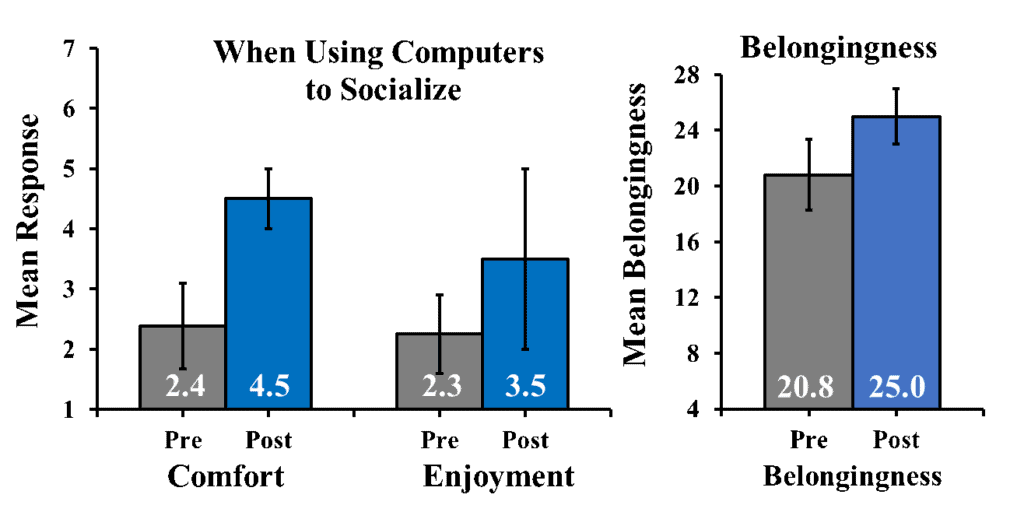Spring 2023 Newsletter
By Robin McAtee, PhD, RN, FACHE, Director, Arkansas Geriatric Education Collaborative (AGEC), a Geriatric Workforce Enhancement Program (GWEP) at the University of Arkansas for Medical Sciences (UAMS) Donald W. Reynolds Institute on Aging (DWR IOA)
Hello everyone, and I hope I can say Happy Spring and it sticks around! As you know, for the past couple of quarters I have been discussing the 4M’s framework of Age-Friendly care. We have reviewed the overall concept of the 4M’s framework and the first “M” of “what Matters” which is the cornerstone of the framework. This quarter, we will move on to another “M”, Medication. As well all know, older adults take more prescribed medications than any other age group in the United States. Many take medications to treat multiple chronic illnesses and others to help prevent certain illnesses or to improve function.
Therefore, the “M” of medication first means that as the practitioner, you must have a complete list of all the medications that your patients are taking; over, behind, and around the counter! Examining their medications to increase their awareness about potential side effects and drug to drug interactions, while also identifying ways to potentially reduce the number of medications they are taking when possible. Practitioners, patients, caregivers, and family members all need to know and understand that as our bodies change with age, our bodies also process medications differently. In addition, older adult bodies react to drugs differently than younger bodies, even if they have been on that medication for decades.
Medications used to treat one condition may also make another condition worse. For example, older adults with memory problems may have worsening symptoms caused by medicines used to treat another symptom or condition. Therefore, it is important that all providers who prescribe medications know about all of the medical conditions and medications that their patient is taking.
That’s why expert attention to Medications—one of the “Ms” of age-friendly care—is such a critical part of an older adult’s care. Therefore, we can now add this to the cornerstone of age-friendly care, What Matters. So, when you are reviewing and/or prescribing medications, not only should you consider all that we have discussed here, but make sure to consider What Matters to the older adult. One medication may improve a condition or symptom they have, but how do the side effects, financial effects, or other “effects”, affect What Matters most to them?
This was just a quick overview of “Medication”, and there is a lot more to learn and apply with this “M”, but I hope it helps to inform and remind us to use the 4 M’s and to always consider each “M” within the context of What Matters Most. If you want to learn more, additional information can be found here.
If you would like more information or training regarding the 4M’s of Age-Friendly care, please contact the AGEC.











